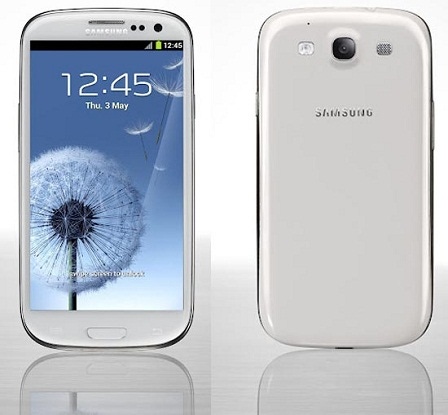T-Mobile US bins device subsidies and annual contracts
US operator T-Mobile has revamped its retail offering, abolishing handset subsidies for premium devices in favour of an interest-free scheme that separates the cost of the device from the cost of network service. Annual service contracts have also been withdrawn. The pricing overhaul is expected to be one of a number of announcements made by T-Mobile at a press event later on Tuesday, although the changes have already been made on the operator's online retail portal.
March 26, 2013

US operator T-Mobile has revamped its retail offering, abolishing handset subsidies for premium devices in favour of an interest-free scheme that separates the cost of the device from the cost of network service. Annual service contracts have also been withdrawn. The pricing overhaul is expected to be one of a number of announcements made by T-Mobile at a press event later on Tuesday, although the changes have already been made on the operator’s online retail portal.
Customers who want to buy Samsung’s flagship SIII smartphone will have to make a downpayment of $69.99 and 24 subsequent $20.00 payments. They can also opt to pay $549.99 for the device up front. On Verizon Wireless the SIII is available for $199.99 on a two-year contract, although Verizon’s online store suggests that price has been cut from $599.99.
Financing plans for devices are popular in a number of emerging markets, where consumers may have comparatively limited spending power. But in recent years there has been a trend towards financing plans in mature markets as well. Informa Telecoms & Media has identified 140 operators using such plans around the world.
Handset subsidy has long been viewed by operators in these markets as a cycle of dependency that needs to be broken. Historically operators have been wary of changing their stance for fear of losing customers to competitors that retain subsidies. But an increasingly challenging economic environment coupled with regulatory pressure on longer-term contracts that allow subsidies to be recouped now seems to be changing the picture.
The gamble for operators is that cutting annual contracts, as T-Mobile has, might encourage greater churn among the crucial high-spending segment; the upside of device subsidy was greater operator control over the customer.
About the Author(s)
You May Also Like








.png?width=300&auto=webp&quality=80&disable=upscale)


_1.jpg?width=300&auto=webp&quality=80&disable=upscale)


.png?width=800&auto=webp&quality=80&disable=upscale)